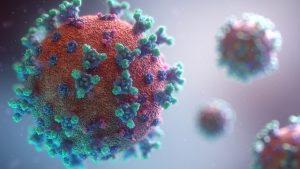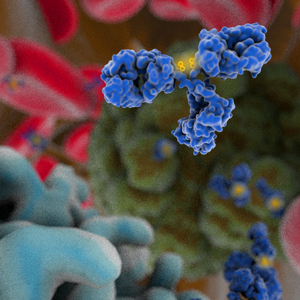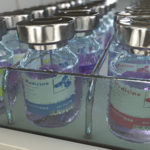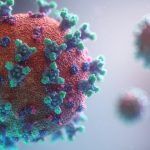The National Cancer Institute (NCI) in partnership with the National Institute of Allergy and Infectious Disease is seeking community input on research approaches and priorities related to SARS-CoV-2 serology. In this Request for Information, NCI seeks comments on any or all of, but not limited to, the following research topics related to serology:
1. Research about the relationship between immunity, recent infection, antibody production, and other immunological markers, including:
- The role and value of animal models and in vitro assays for determining the relationship between antibody production and immunity to SARS-CoV-2.
- The types and titers of antibodies that are important for immune protection and the mechanism of such protection.
- Whether cross-reacting antibodies from prior infection by other coronaviruses confer immunity.
- Whether antibodies to coronaviridae can cause immunopathogenesis (e.g. ADE).
- Genetic or other host factors that could predict antibody production and innate or adaptive immunity.
- Specific virologic factors that mediate the generation of effective host immunity, especially humoral immunity vs. cell-mediated immunity.
2. Clinical utilization of serological testing, including:
- Design strategies for use in clinical trials and population-based observational studies that are optimal to address the most critical research questions, including biospecimen sampling/biobanking considerations as well as safety and ethical considerations.
- Characteristics and performance standards needed for serological testing, whether for seroprevalence surveys or point-of-care tests.
- Approaches to rapidly increase capacity for high-quality serology testing in United States, by leveraging existing infrastructure, especially for underserved communities.
- How to use and interpret serological testing results safely, effectively, and equitably.
NCI is also specifically interested in the link to cancer across all of these areas, including but not limited to the characteristics of the immune response in patients undergoing treatment and cancer survivors; prediction of susceptibility to infection and outcomes in cancer patients; seroepidemiology in cancer patients.
Your comments could include any of the following:
- Research approaches for these topics;
- Innovative strategies to advance research progress;
- Challenges to progress in these areas;
- Emerging trends, advances, technologies, analytic strategies, and perspectives that NCI should consider in this planning process;
- Potential approaches to gauge research progress and success.
Please comment on any other topic that you find relevant. Responses to the notice are due on May 26, 2020.
NCI has posted a Notice of Intent to Publish a Funding Opportunity Announcement for components of the new Serological Sciences Network on May 15. The RFA is expected to be announced in June with expected application due dates in July. Awards are anticipated to be made in September 2020.





